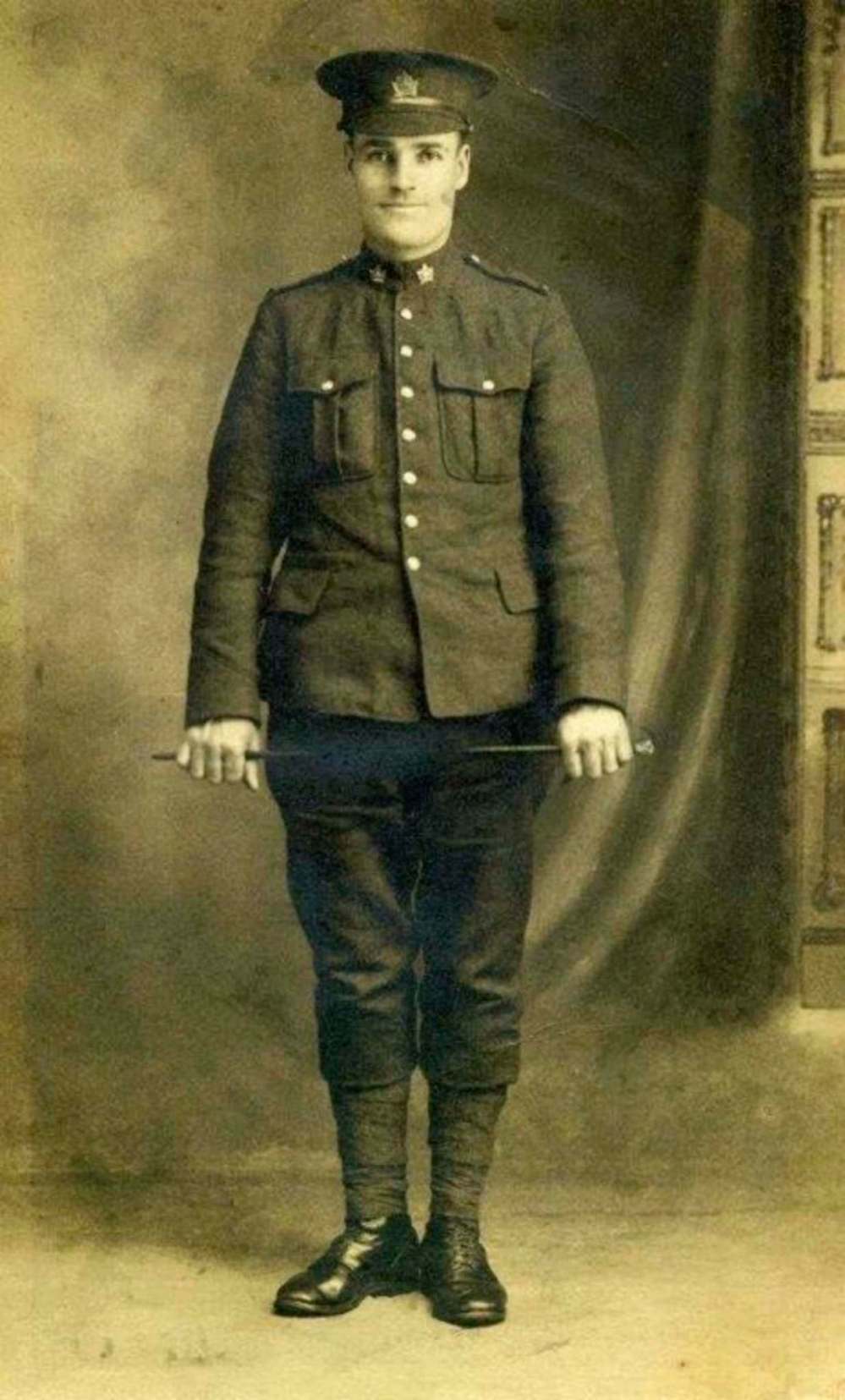Home Children deserve our recognition
Advertisement
Read this article for free:
or
Already have an account? Log in here »
To continue reading, please subscribe:
Monthly Digital Subscription
$0 for the first 4 weeks*
- Enjoy unlimited reading on winnipegfreepress.com
- Read the E-Edition, our digital replica newspaper
- Access News Break, our award-winning app
- Play interactive puzzles
*No charge for 4 weeks then price increases to the regular rate of $19.00 plus GST every four weeks. Offer available to new and qualified returning subscribers only. Cancel any time.
Monthly Digital Subscription
$4.75/week*
- Enjoy unlimited reading on winnipegfreepress.com
- Read the E-Edition, our digital replica newspaper
- Access News Break, our award-winning app
- Play interactive puzzles
*Billed as $19 plus GST every four weeks. Cancel any time.
To continue reading, please subscribe:
Add Free Press access to your Brandon Sun subscription for only an additional
$1 for the first 4 weeks*
*Your next subscription payment will increase by $1.00 and you will be charged $16.99 plus GST for four weeks. After four weeks, your payment will increase to $23.99 plus GST every four weeks.
Read unlimited articles for free today:
or
Already have an account? Log in here »
Hey there, time traveller!
This article was published 01/03/2019 (2482 days ago), so information in it may no longer be current.
The compensation offer has arrived a bit late — 96 years too late, to be exact.
The United Kingdom has offered payments worth about $34,000 to surviving British Home Children to compensate for its flawed policy of sending destitute children abroad as farm labourers and servants in the 1800s and 1900s.
My grandfather was one of them. He died in 1923.

Too bad Art Wilding missed out on the money — he could have used it. As an adult, he worked as a fireman on passenger trains in southern Ontario. He died at age 39 of tuberculosis at the Toronto Free Hospital for the Consumptive Poor. He left a widow and six children. The youngest, my mother, was one month old.
Art was a boy from South London sent to work on a farm in southern Ontario at age 10 in 1893. I don’t know what hardships he may have endured, though at least one inspection report described him as “not thriving.”
For his descendants, the real tragedy of his being a Home Child is that his history was ignored, then lost, like the pasts of so many of the 100,000 such children sent to Canada.
There are records from Fegan Homes, the agency that handled Art. But they don’t tell much of a story. We don’t know for certain why he ended up in Canada or even who his parents were. My mother once thought Art was an orphan. But that was a common mistake made about most of the Home Children.
There are a few threads. Art can be traced to a household in Victorian London, showing up as a “nephew” sometime after Jane Foster, a young factory worker from Manchester, became a boarder there.
Art returned to Britain as a soldier in the First World War. Jane came to Canada at the same time Art came home after the war. She lived with my grandfather and his family until her death a year later.
The head of the London household was James Hampton, a married man, 29 years older than Jane. James later married Jane in 1890.
Why did the married couple turn over young Art to Fegan Homes? It doesn’t match with what is known about them. James was a charitable man. He founded a mission for the aged and infirm blind of London and was credited with helping 6,000 blind people over 30 years.
Maybe it was just poverty. Another clue is that Jane, widowed and age 60, was living in a workhouse in London in 1919 before coming to Canada.
Whatever the story, there is no denying Art contributed to Canada, like all the British Home Children. More than 10 per cent of Canadians are descended from Home Children, though many don’t even know it.
The true story of these children has come to light only in recent years. A lot has been subsequently written and recorded about the subject.
There has been some recognition of their role and what they endured. There is even an official national British Home Child Day, Sept. 28 each year. The British government now acknowledges this was a shameful episode in the country’s history.
But much more can be done. The compensation offer won’t help the 99.9 per cent of British Home Children who are long since departed. But recording their stories and giving them their proper place in Canada’s history would be a good way to repay them.
Bob Cox is the publisher of the Winnipeg Free Press.

Bob Cox was named publisher of the Winnipeg Free Press in November 2007. He joined the newspaper as editor in May 2005.
Our newsroom depends on a growing audience of readers to power our journalism. If you are not a paid reader, please consider becoming a subscriber.
Our newsroom depends on its audience of readers to power our journalism. Thank you for your support.
History
Updated on Friday, March 1, 2019 10:02 AM CST: Name fixed to Jane Foster.
Updated on Friday, March 1, 2019 12:59 PM CST: Thumbnail photo added.


